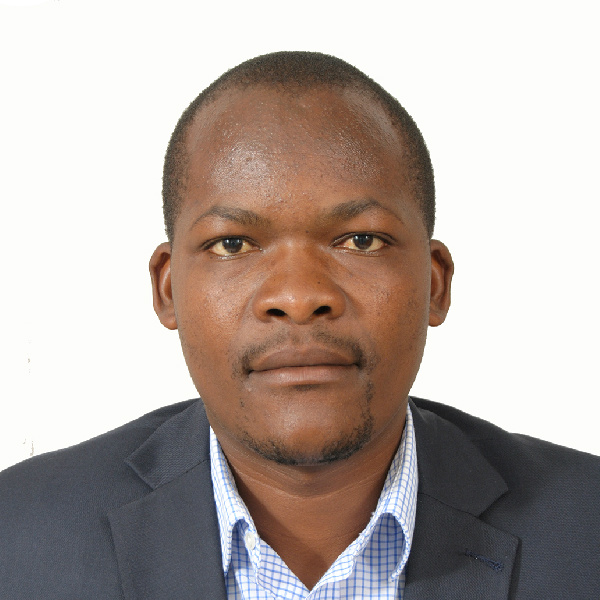Over a decade from the adoption of seven safeguard principles for REDD+ by the United Nations 2010 Climate Change Conference (UNFCCC COP16), the national implementation of two safeguards that address Indigenous Peoples and local communities (IPs and LCs) remains a work in progress.
Researchers examining the implementation of the safeguards in the Democratic Republic of the Congo (DRC) – considered a ‘fast mover’ on REDD+ – found that national laws which were meant to align with these safeguards are still far from addressing the envisioned inclusivity. The Cancun safeguards mandate that countries interpret these principles themselves, deferring to national law in deciding – for example – what counts as ‘respect’ or ‘participation’ for IPs and LCs.
The research, which was part of CIFOR-ICRAF’s Global Comparative Study on REDD+, found that despite the existence international conventions that recognize the rights of Indigenous Peoples, the DRC until recently had no national law providing the relevant legal content and protection mechanisms.
The study was carried out by University of Kisangani law professor Marie-Bernard Dhedya Lonu, together with CIFOR-ICRAF social anthropologist Juan Pablo Sarmiento Barletti and governance, equity and well-being Team Leader Anne Larson. They found that some of the laws in the DRC still challenge the equitable inclusion of Indigenous Peoples and local communities in REDD+ and the benefits that will be derived from it.
“For example, collective ownership of land acquired in accordance with law or custom is guaranteed by the provisions of Article 34 of the Constitution,” the researchers wrote. “But land ownership in the DRC is exclusively vested in the state and, in practice, communities and individuals can only hold rights of enjoyment, use, usufruct, passage and concessions on state land.”
The authors also found that respect accorded to the constitutionally recognized collective ownership rights to land poses serious problems in practice because, in accordance with articles 387, 388, and 389 of the Land Law, they must be detailed by a presidential ordinance, which has not been issued to date.
However, the research revealed that DRC has made progress in resource rights for local communities since the 2002 Forestry Code, including through Decree No. 14/018 (August 2, 2014), which allows communities to obtain forest concessions with perpetual and imprescriptible titles. “Local communities can also obtain conservation concessions whereby the government entrusts them (totally or partially) with the use and management of forest and wildlife resources for the conservation of biological diversity,” wrote the researchers. “However, implementing community forestry and biodiversity conservation concessions is challenging due to the procedural costs involved and the technical skills required.”
Furthermore, a 2018 Ministerial Order on REDD+ affirmed that forest carbon stocks are the property of the state, but recognized that units of emissions reduction are owned by those who invest in REDD+, including communities. DRC has also ratified relevant treaties and conventions, leading to the adoption of general standards for the promotion and protection of women’s rights.
Another significant step forward in terms of inclusion is the 2022 law on the promotion and protection of the rights of Indigenous Pygmy Peoples. “In addition to providing a definition of Indigenous Peoples (“Hunter-gatherer peoples generally living in the forest,” distinguished “by their cultural identify, their way of life, their attachment and closeness to nature and their endogenous knowledge”), this law proposes a normative framework for the protection of Indigenous Peoples in the DRC, said the researchers.
DRC is also currently revising its Land Law, and its revisions are expected to give more consideration to local communities and secure their rights through the establishment of customary land registries and other mechanisms.
CIFOR-ICRAF’s Global Comparative Study on REDD+ is funded by the Norwegian Agency for Development Cooperation (Norad), the International Climate Initiative (IKI) of the German Federal Ministry for the Environment, Nature Conservation and Nuclear Safety (BMU), the United States Agency for International Development (USAID) and the CGIAR Research Program on Forests, Trees and Agroforestry (CRP-FTA).
We want you to share Forests News content, which is licensed under Creative Commons Attribution-NonCommercial-ShareAlike 4.0 International (CC BY-NC-SA 4.0). This means you are free to redistribute our material for non-commercial purposes. All we ask is that you give Forests News appropriate credit and link to the original Forests News content, indicate if changes were made, and distribute your contributions under the same Creative Commons license. You must notify Forests News if you repost, reprint or reuse our materials by contacting forestsnews@cifor-icraf.org.













